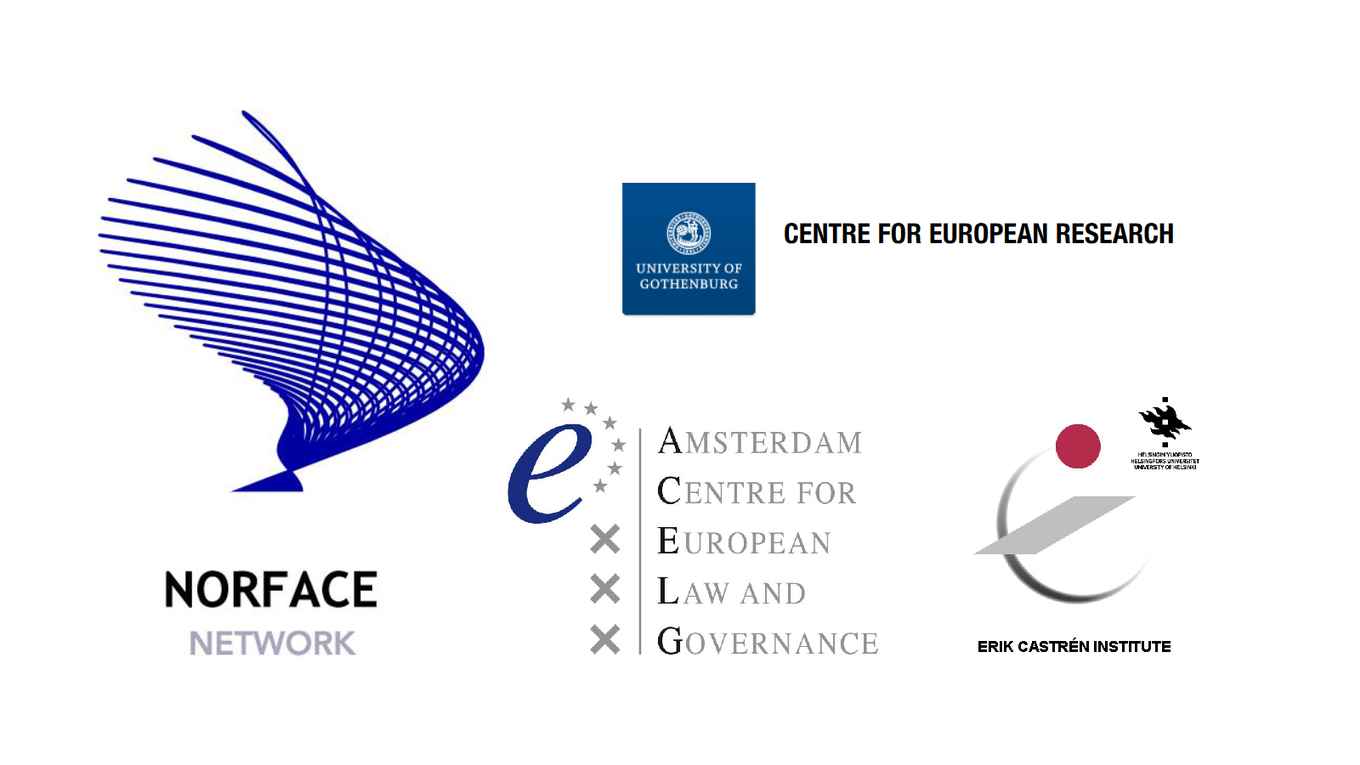Separation of powers for 21st century Europe
Norface funding for new project as part of 'Democratic Governance in a Turbulent Age' programme
20 April 2020

Times of crisis are always moments of controversial and rights-sensitive power shifts towards the executive. With the NORFACE funding, we are able to conduct empirically-grounded and theoretically-embedded research in order to better understand such shifts in the particular context of the EU. Our aim is to rethink the theory and practices of Separation of powers in present-day EU governance, combining conceptual constitutional analysis with empirical research in three fields (Economic and Monetary Union, migration, trade).
SepaRope is the first empirically-grounded and comparative project rethinking the theory and practices of Separation of powers in present-day European Union. It addresses the very core of ‘democratic governance in a turbulent age.’
Separation of powers, the classic model of decision-making, entrusts different state functions to different branches (legislative, executive, judiciary) and serves the double purpose of ensuring collective will-formation and control of those in power. The polyarchic and multilevel nature of the EU is not easily reconciled with the separation-of-powers-model, either at EU or national level.
SepaRope demonstrates in combined horizontal and vertical inquiries how recent economic and political developments affect the EU’s institutional framework and the anchoring of EU decision- making in national legitimacy. It combines conceptual constitutional analysis with empirical research in three fields (Economic and Monetary Union, migration, trade), in which EU decision-making is controversial, rights-sensitive and illustrative of recent power shifts.
The project is built on five working packages. Working package 1 develops a joint conceptual framework for identifying and examining will- formation and control structures. WP 2-4 conduct autonomous but interlinked empirical and legal- analytical studies of the three branches in the three policy fields, respectively, exposing ever- increasing ‘grey areas’ of diffuse, ring-fenced, and informalised public power. WP2-4 demonstrate the three branches’ mutually constitutive nature and contingency of power shifts.
WP 5 makes concrete innovative and practically viable suggestions to EU and national institutional actors on how will-formation and control structures can be strengthened in the polyarchic and multilevel EU. Stakeholders are involved as interviewees and participants.
SepaRope is a joint project by Professor Christina Eckes (project leader) at the Amsterdam Centre for European Law and Governance, Dr Anna Wallerman at the Centre for European Research (CERGU) at the University of Gothenburg and Professor Päivi Leino-Sandberg, Maarten Hillebrandt and Daniel Wyatt at the Erik Castrén Institute of International Law and Human Rights (ECI).
More information on the 'Democratic governance in a turbulent age' programme by the EU's Norface Network and SepaRope on the website of the Norface Network. The SepaRope project was granted 1.2 million euros for the project duration (2020-2023).